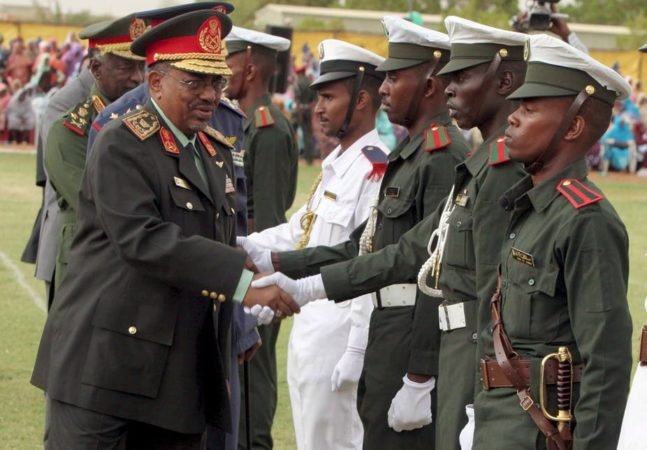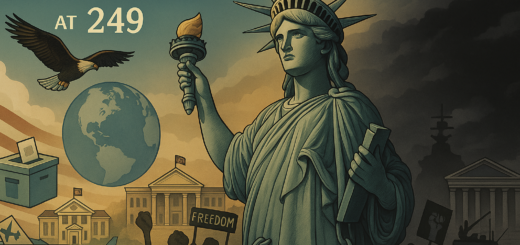Washington will not remove Sudan from terror list while military rules: U.S. official

The United States will not remove Sudan from the state sponsor of terrorism list until the country’s leadership and policies change and the military no longer holds power, a U.S. official said on Tuesday.
“We will be willing to look at removing Sudan from the list of state sponsors of terrorism if there is significant change in the country’s leadership and policies,” the State Department official told Reuters.
The Trump administration suspended talks on normalizing relations with Sudan after the military deposed veteran autocrat Omar al-Bashir last week saying it would oversee a two-year transition, followed by elections.
The move was rejected by street protesters, who for weeks maintained pressure on Bashir to step down, and called on the military to hand over power to civilians.
Sudan was designated a state sponsor of terrorism in 1993 under former U.S. President Bill Clinton, cutting it off from financial markets and strangling its economy.
Washington lifted a 20-year trade embargo against Sudan in 2017 and was in the process of discussions on removing it from the U.S. terror list when the military stepped in on April 11 to depose Bashir, who ruled Sudan for 30 years.
The Trump administration suspended the next round of the talks, scheduled for the end of April, after the military took control.
“It is important that the will of the people is respected, and that Sudanese people be allowed a peaceful transition,” the official said, adding that lifting the designation at this time was “out of the question” and restrictions remain in place.
Ihab Osman, chairman of the U.S.-Sudan Business Council, said it was important that the United States and its allies, Britain and France, maintain pressure on the military to hand over power to an interim civilian government.
Osman told Reuters in an interview the United States should also look at ways to support the rebuilding of Sudan’s economy, which has been crippled by decades of isolation under U.S.-sanctions, as well as economic mismanagement and corruption under Bashir.
He said while the U.S.-Sudanese relationship has largely been defined by counter-terrorism cooperation, there also “has to be something in it for the Sudanese people.”
“We are not asking the United States to do the heavy lifting, or bankroll Sudan, but we need it to send the right signals,” said Osman, acknowledging the suspension of U.S.-Sudan talks.


















